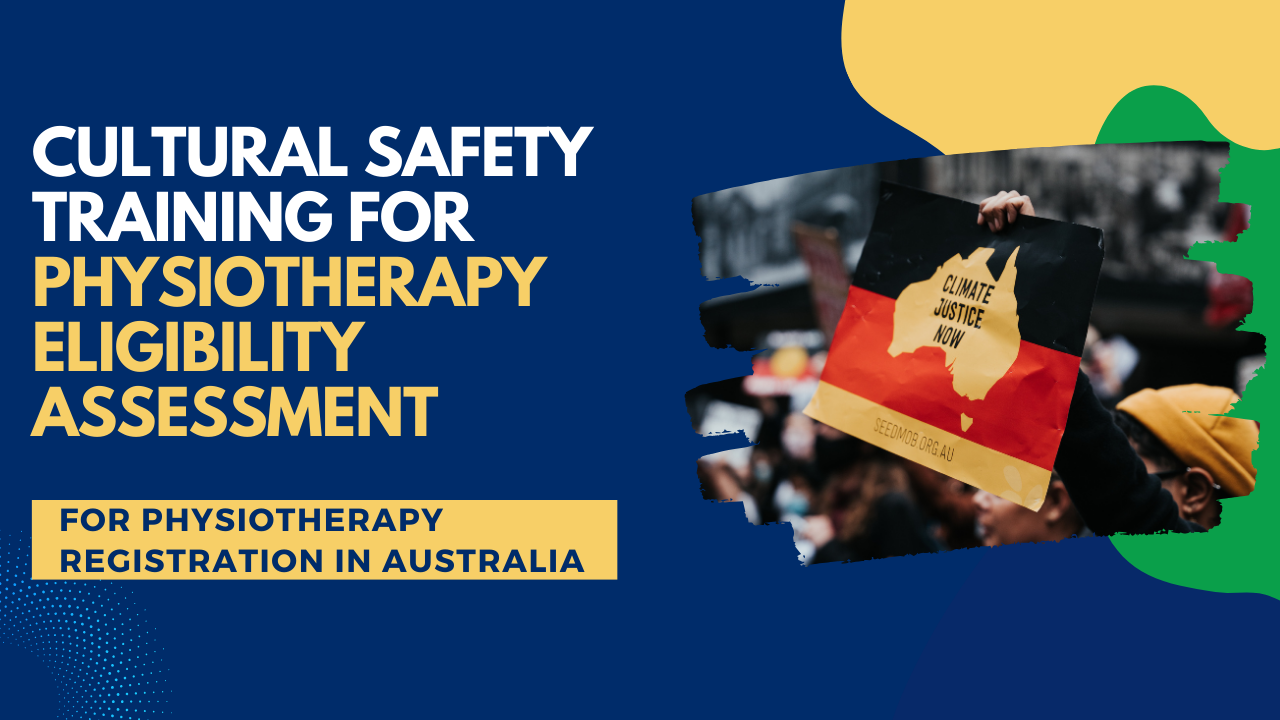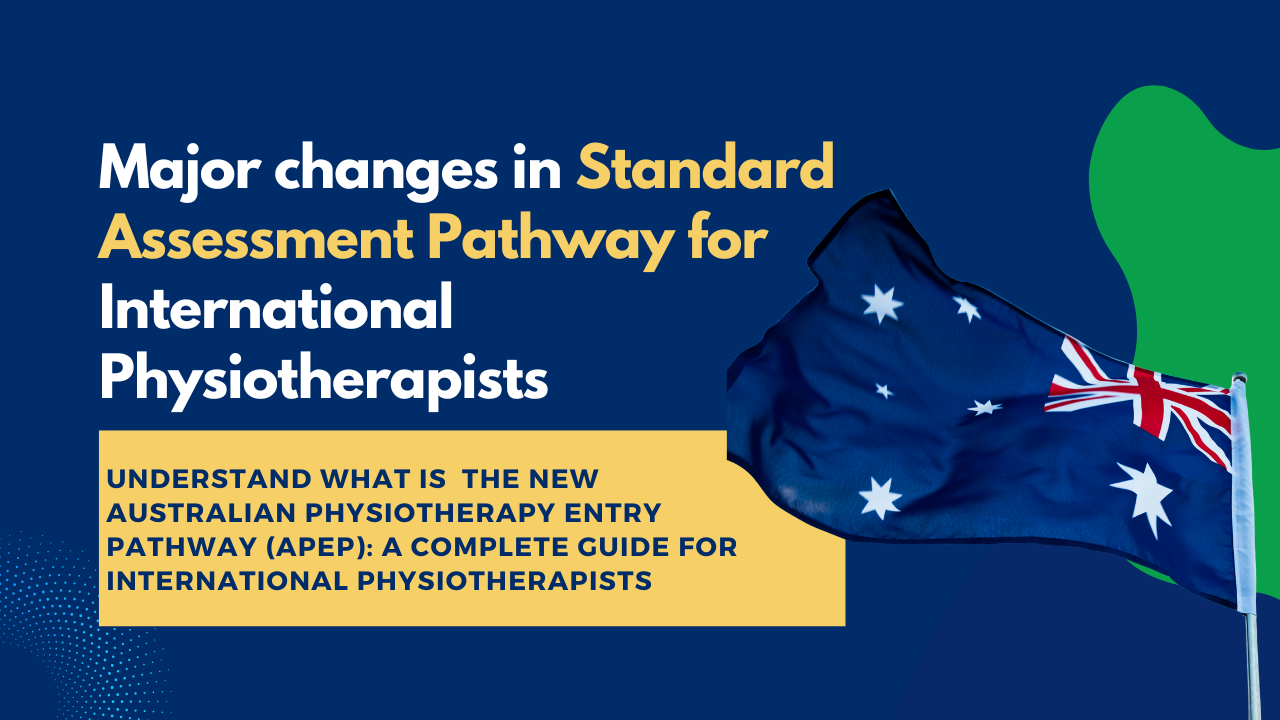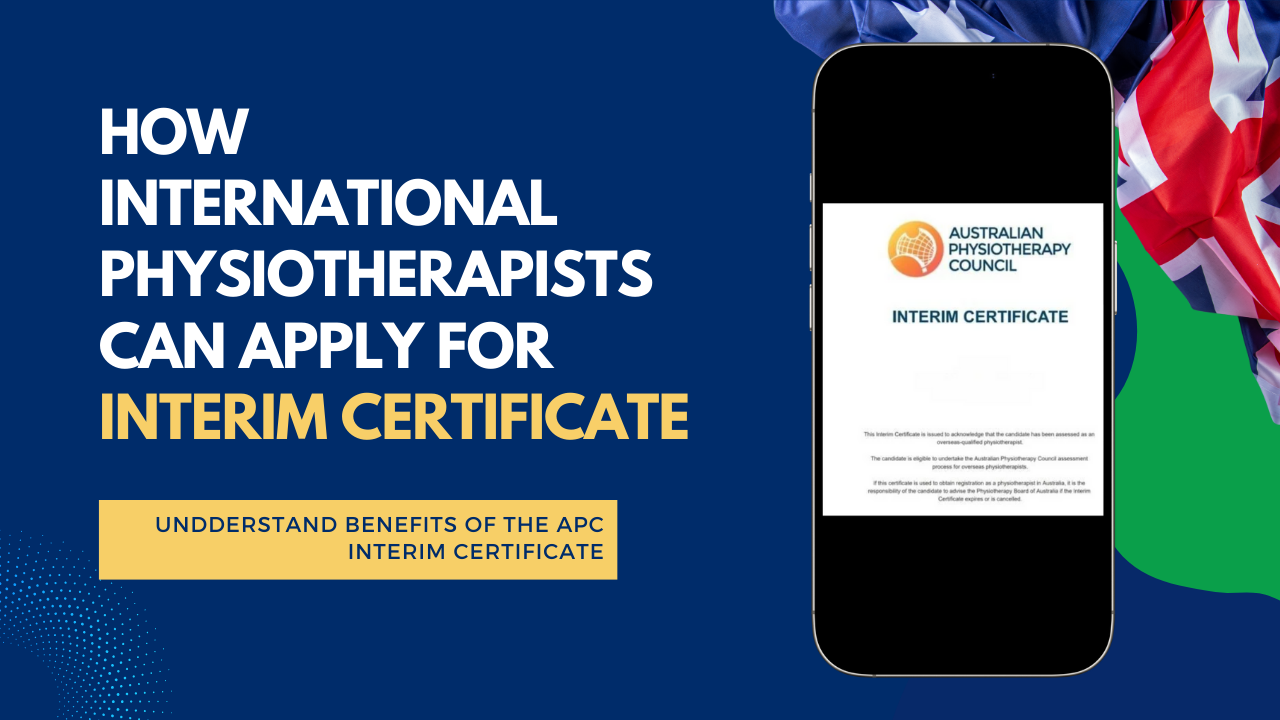Cultural safety in healthcare is a cornerstone of providing respectful and inclusive care that acknowledges the unique identities of patients. In Australia, this concept is particularly significant when working with Aboriginal and Torres Strait Islander peoples. For physiotherapists, understanding and implementing culturally safe practices is not just an ethical obligation but a professional necessity.
Thank you for reading this post, don't forget to subscribe!What is Cultural Safety?
Cultural safety refers to creating an environment where patients feel respected and valued, regardless of their cultural background. This concept involves understanding the cultural differences, power dynamics, and systemic inequities that may exist between healthcare providers and patients. Importantly, cultural safety is determined by the patient’s experience of care, not the practitioner’s intentions.
In the workplace, cultural safety fosters an inclusive environment that benefits not only patients but also healthcare teams. A culturally safe workplace promotes collaboration, reduces misunderstandings, and enhances overall patient outcomes.
Why is Cultural Safety Training Compulsory for Physiotherapists?
For physiotherapists practicing in Australia, Cultural Safety Training is a mandatory requirement under the Australian Physiotherapy Council’s eligibility certification process. This training ensures practitioners are equipped to deliver care that respects the diverse cultural realities of their patients.
The training is particularly crucial for international physiotherapists applying for registration in Australia. By completing the program, they demonstrate their ability to meet the cultural and professional standards outlined in the Physiotherapy Practice Thresholds and other regulatory frameworks.
Steps to Undertake in the Eligibility Assessment
The eligibility assessment is the first step for international physiotherapists seeking registration in Australia. This process evaluates whether the candidate’s qualifications and competencies meet Australian standards.
- Complete the Online Application and Payment Begin by submitting an online application through the Australian Physiotherapy Council’s portal. Pay the associated application fees to initiate the process.
- Complete the Cultural Safety Training Program The training program consists of six comprehensive learning modules. It introduces participants to Aboriginal and Torres Strait Islander history and culture and explores how personal attitudes and values influence clinical practice.
- Await the Application Outcome Once the training is completed, the application will be reviewed. Wait for the council’s decision before proceeding to the next steps in the registration process.
Cultural Safety Training is not only a requirement but a critical component of the ongoing professional development for all physiotherapists in Australia. It equips practitioners with the tools to address cultural barriers and provide equitable healthcare.
Principles of Cultural Safety
The principles of cultural safety guide practitioners in delivering care that acknowledges and respects cultural diversity. These principles include:
- Reflective Practice: Continuously evaluating one’s own knowledge, skills, attitudes, and biases.
- Patient-Centered Care: Ensuring that patients’ cultural preferences and values guide healthcare decisions.
- Commitment to Lifelong Learning: Recognizing that cultural competence is an evolving process.
In nursing and physical therapy, cultural safety is integrated into daily practice to enhance trust and communication with patients from diverse backgrounds.
Cultural Safety Training Program: Benefits and Applications
The Cultural Safety Training Program is a foundational step for physiotherapists aiming to provide culturally safe care. Key benefits include:
- Understanding the reasons Aboriginal and Torres Strait Islander peoples may feel culturally unsafe during healthcare service delivery.
- Recognizing misconceptions and biases that can impact access to care.
- Identifying and mitigating racist behaviors to create an inclusive clinical environment.
The program also supports the development of strategies to apply cultural safety principles effectively in physiotherapy practice.
Importance of Cultural Safety in the Workplace
Cultural safety is not confined to patient interactions; it extends to the workplace. A culturally safe workplace enables diverse teams to thrive, fostering mutual respect and reducing conflicts. In healthcare, such environments enhance team dynamics and improve patient care outcomes.
How to Access the Cultural Safety Training Program
The Cultural Safety Training Program is a crucial step for physiotherapists undergoing the eligibility assessment process in Australia. Completing this program demonstrates compliance with the cultural competency standards required by the Australian Physiotherapy Council. Here’s how to access and complete the training:
Step-by-Step Guide to Accessing the Cultural Safety Training Program
- Start the Online Application Process
- Visit the Australian Physiotherapy Council website and register for an eligibility assessment.
- Fill out the application form with accurate details and upload any required preliminary documents.
- Pay the associated fees to confirm your application.
- Enroll in the Cultural Safety Training Program
- Once your application is accepted, you will receive access to the Cultural Safety Training Program via the council’s online learning portal.
- The program consists of six modules covering topics like Aboriginal and Torres Strait Islander history, cultural values, and clinical scenarios for culturally safe practice.
- Complete the Training
- Dedicate time to completing all modules, including any assessments or reflective exercises required.
- Ensure you meet the program’s learning objectives to gain the most benefit and prepare for practical application in your work.
- Receive the Interim Certificate
- Upon successfully completing the training, you will be issued an interim certificate.
- This document serves as proof of your progress in meeting the Ahpra document certification requirements and is vital for advancing through the eligibility assessment process.
- Submit the Certificate and Await the Outcome
- Upload the interim certificate along with other required documents, such as qualifications, transcripts, and professional references.
- Wait for the council to review your application and provide the outcome.
Why Cultural Safety Training Matters for Interim Certification
The Cultural Safety Training Program is essential not just for satisfying the eligibility assessment requirements but also for ensuring you are prepared to work effectively in Australia’s multicultural healthcare environment. By completing this program, you:
- Demonstrate your commitment to culturally safe practices.
- Meet the standards set by the Australian Physiotherapy Council.
- Lay the foundation for receiving your interim certificate, a critical step toward full registration.
Interim Certificates and Document Certification
Upon completing the Cultural Safety Training Program, practitioners may be issued an interim certificate, signifying their progress in meeting eligibility requirements. This document, along with other Ahpra document certifications, is crucial for advancing through the registration pathway.
Disclaimer : Visit Australian Physiotherapy Council’s official website or contact their support team for guidance. This ensures you remain compliant with all regulatory requirements and progress smoothly in your professional registration pathway.
Conclusion
Cultural safety is an essential component of modern healthcare, particularly in Australia’s multicultural context. For physiotherapists, it represents a commitment to providing equitable, respectful, and effective care to all patients, especially Aboriginal and Torres Strait Islander peoples. By completing the Cultural Safety Training Program and integrating its principles into practice, physiotherapists can enhance their professional competencies and contribute to a more inclusive healthcare system.







